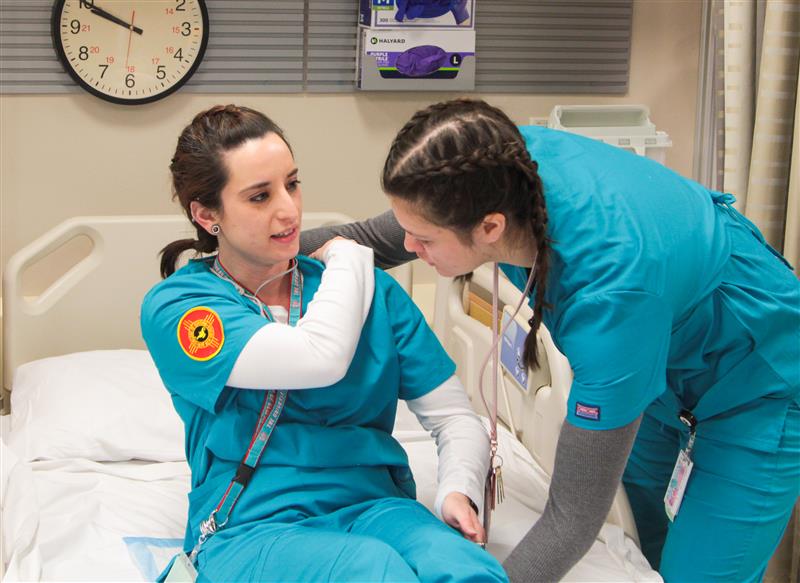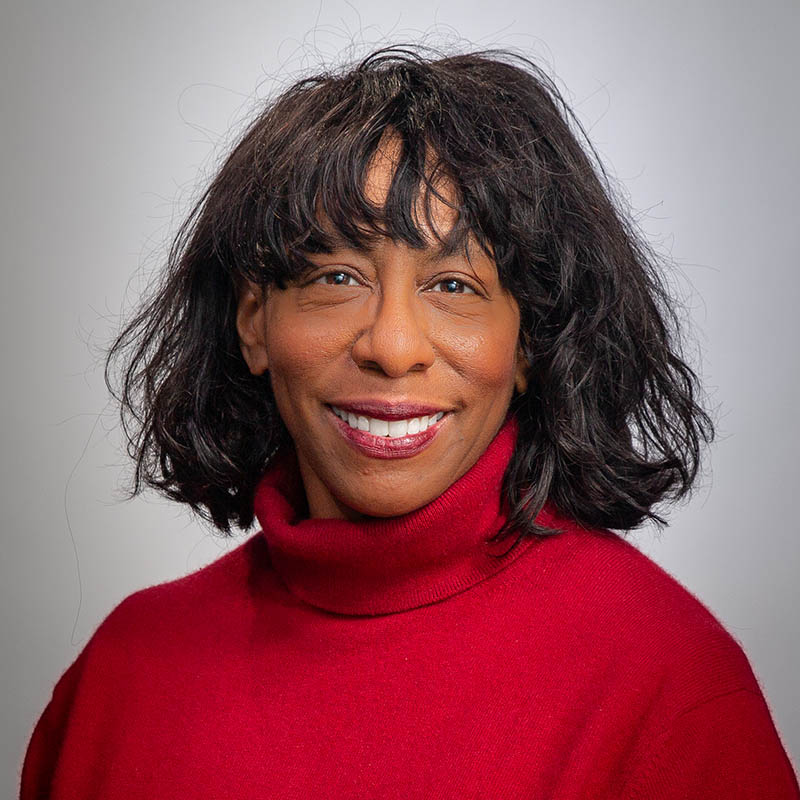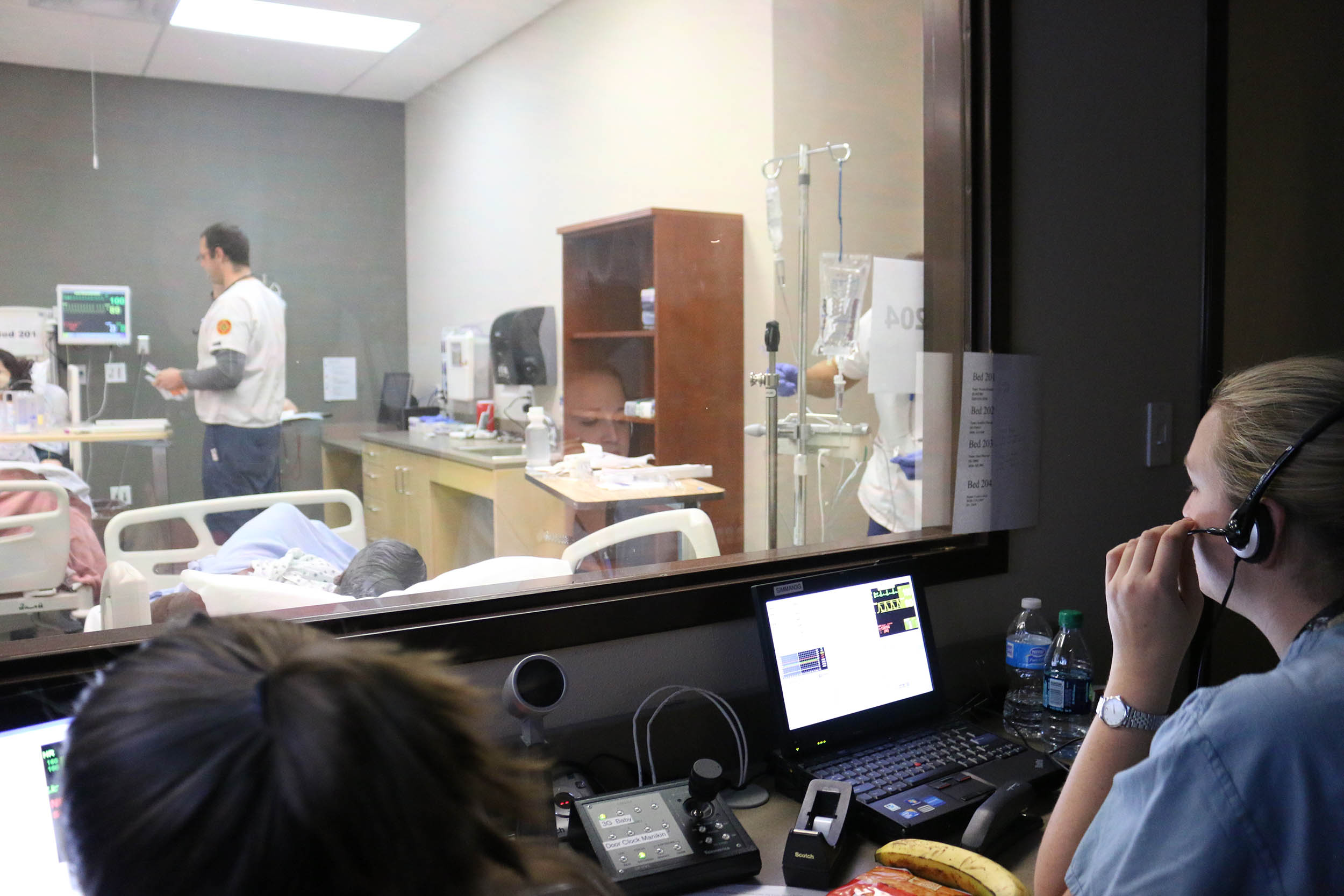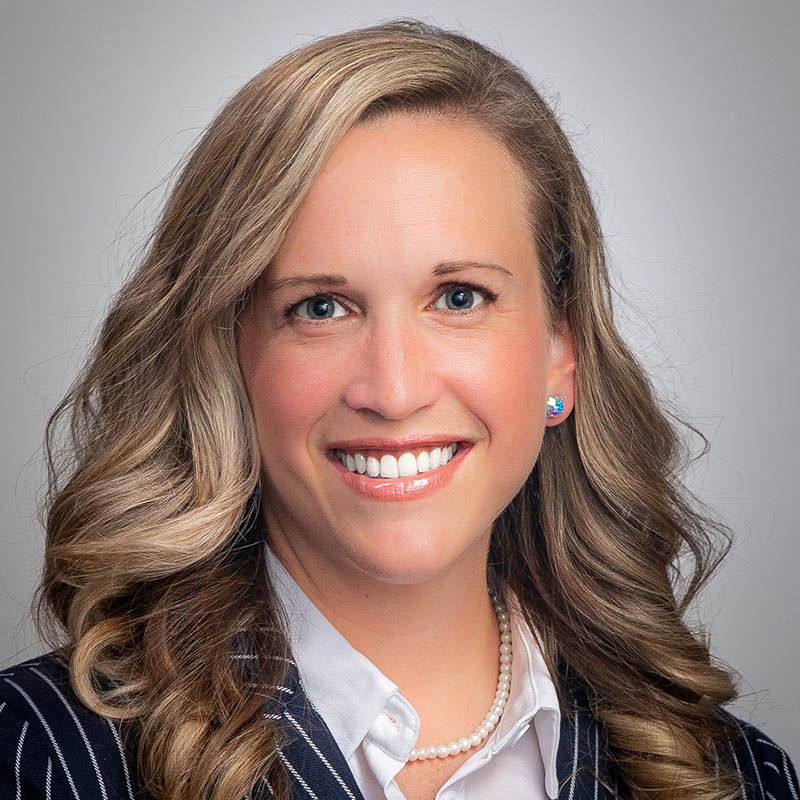New Mexico Approves Master of Science in Anesthesia Program at UNM

Health Care Education is More Than Science
UNM Students Learn to Provide Culturally Humble Diabetes Care
Health education at The University of New Mexico entails much more than a science and research curriculum. Students are also trained to approach medicine with a cultural sensitivity for the many diverse populations they will encounter in real life.
As part of that training University of New Mexico Health Sciences and nutrition students have been participating in a two-part interprofessional education (IPE) diabetes care simulation.
For four hours on two Saturdays, Feb. 25 and March 4, students participated in the Justice and Equity in Diabetes Care IPE. It provided them with an opportunity to learn about health inequity, justice and their role in providing culturally humble diabetes care.

Diabetes is complicated. We wanted to create a dialogue on what culturally humble diabetes care looks like
“Diabetes is complicated,” said Lisa Taylor, DNP, RN, FNP-BC, a College of Nursing assistant professor and leader of the diabetes simulation. “We wanted to create a dialogue on what culturally humble diabetes care looks like.”
When it comes to cultural humility in health care, the practice helps to create deeper connections and understanding between patients and clinicians with the goal of increasing patient satisfaction and care outcomes, she said
“Not only is dialogue important, but community is too,” Taylor said. “These opportunities aren’t about adherence and compliance. We need communication and understanding.”
The simulation took place in the Interprofessional Healthcare Simulation Center (IHSC) located in the north wing of the Domenici Center for Health Sciences Education. The center allows students and faculty to work together in a hands-on learning environment, enabling students develop essential skills and techniques for their respective careers.
During the interactive simulation, three volunteers with a nursing background assumed the roles of patients with diabetes.
Each volunteer presented with specific background details, including education, occupation, immigration/citizenship status, cultural and theoretical framework related to health and healing, environment, clinical acuity, instrumental activities of daily living status, mental health condition and U.S. health culture literacy.
Groups of two or three students rotated through interviewing each of the three standardized volunteers. The volunteers had a script they could choose to follow, but they were also encouraged to veer off script for a more unique experience with the different student groups.
The students asked the volunteer patients to describe their symptoms, performing an assessment based on the structured improvisation performed by the volunteers. Each student had a personalized experience informed by their differing studies, background knowledge about diabetes and personal reaction to the “patient” interaction.
Several of the participating students were from the UNM College of Nursing, but there were also a few participants from the School of Medicine’s Dental Hygiene program.
“It’s exciting for us from the dental hygiene program because we don’t get this kind of opportunity very often,” said assistant professor Robin A. Gatlin, MS, RDH. “The dental hygiene students can learn from the nursing students, and vice versa.”
After the students completed their simulation, they returned to a classroom for a debriefing session where they discussed how they felt, which questions worked well and which didn’t. They were encouraged to explore their feelings from the experience, and not feel pressured to be too technical in their descriptions..
The IPE was specifically designed to be open-ended, and there was no rubric for the students to follow, said Adrienne Cordova, MSN, RN, CNE, a College of Nursing lecturer.
“Because there were no rules, the students could be emotionally vulnerable,” she said. “There’s no grading and there’s no right or wrong. It’s all about learning.”

